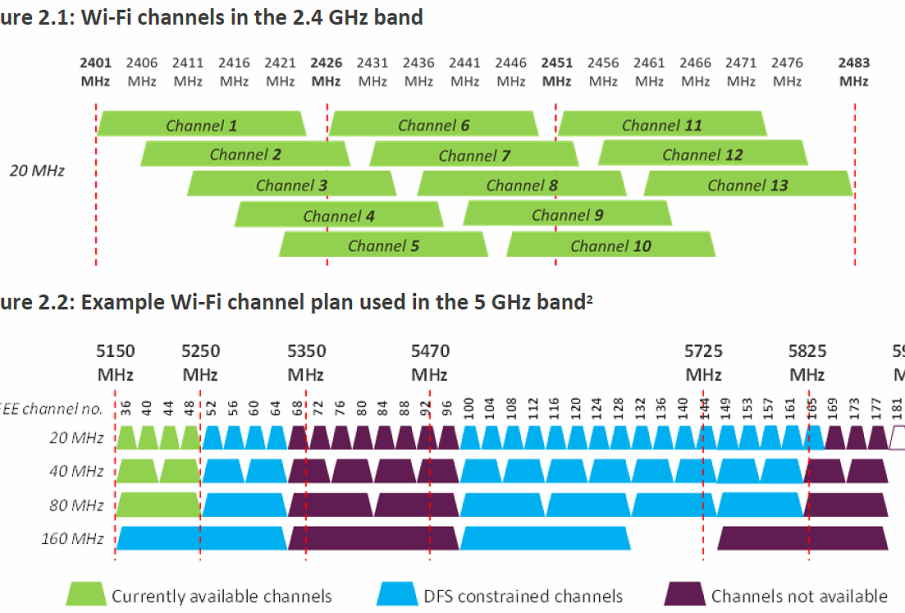Understanding Ofcom: The UK’s Communications Regulator

Introduction
Ofcom, also known as the Office of Communications, is the UK’s communications regulator, overseeing television, radio, and telecommunications. Established in 2003, Ofcom plays a crucial role in ensuring that communications services are accessible, of good quality, and competitively priced for all consumers. Its relevance has grown in an age where digital connectivity is essential for everyday life, prompting increased scrutiny and regulation in line with technological advancements and consumer needs.
Current Overview of Ofcom’s Activities
As of 2023, Ofcom has been actively involved in various initiatives aimed at enhancing digital access and regulatory compliance. This year, the regulator has launched a series of consultations focusing on online safety and content regulation. The Online Safety Bill, which has been a significant topic of discussion, seeks to impose strict controls on social media platforms to protect users from harmful content, showcasing Ofcom’s commitment to consumer protection in the digital space.
Television and Radio Regulation
In addition to overseeing online platforms, Ofcom regulates traditional television and radio services. It is responsible for issuing broadcasting licenses, ensuring that content standards are maintained, frequently conducting reviews on public service broadcasting, and investigating complaints regarding broadcasting issues. The recent findings from Ofcom’s annual report indicated a growing preference for on-demand content over traditional television viewing, prompting the regulator to consider adjustments in its regulatory framework.
Telecommunications Oversight
On the telecommunications front, Ofcom has intensified its focus on improving broadband access across the UK. The ‘Connected Nations’ report highlighted that while many rural areas are adopting new high-speed broadband options, disparities remain. To address this, Ofcom has been working with network providers to enhance infrastructure investment, particularly prioritising areas lagging in connectivity.
Conclusion
Ofcom’s role as a regulator is pivotal in ensuring fair competition and securing consumer interests in the rapidly evolving communications landscape. As it navigates challenges presented by emerging technologies and changing consumer behaviours, Ofcom is likely to continue evolving its regulatory strategies, promoting better services and protection for consumers. In an increasingly connected world, the significance of Ofcom will only grow, making its regulatory efforts crucial for the future of communication services in the UK. Stakeholders and consumers alike should remain informed about Ofcom’s developments as they will have lasting impacts on accessibility and quality of communications.








